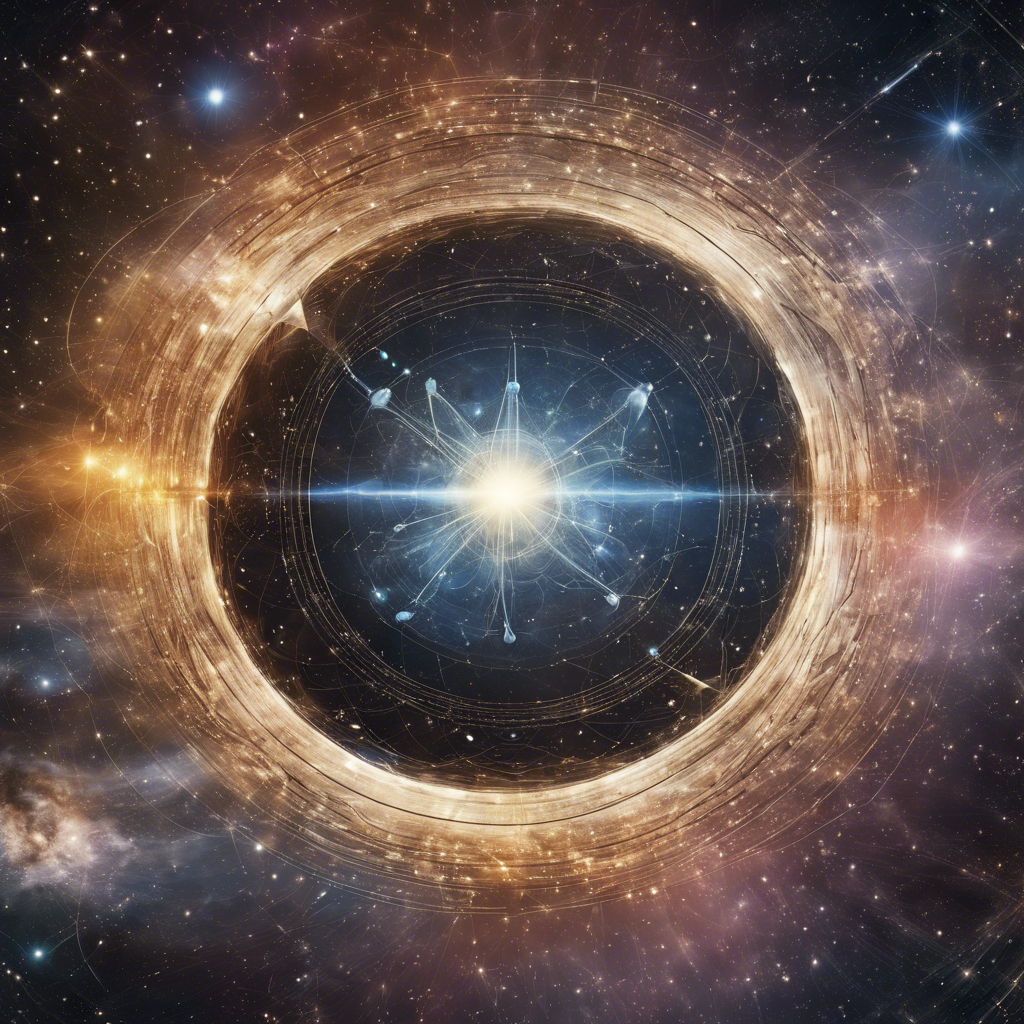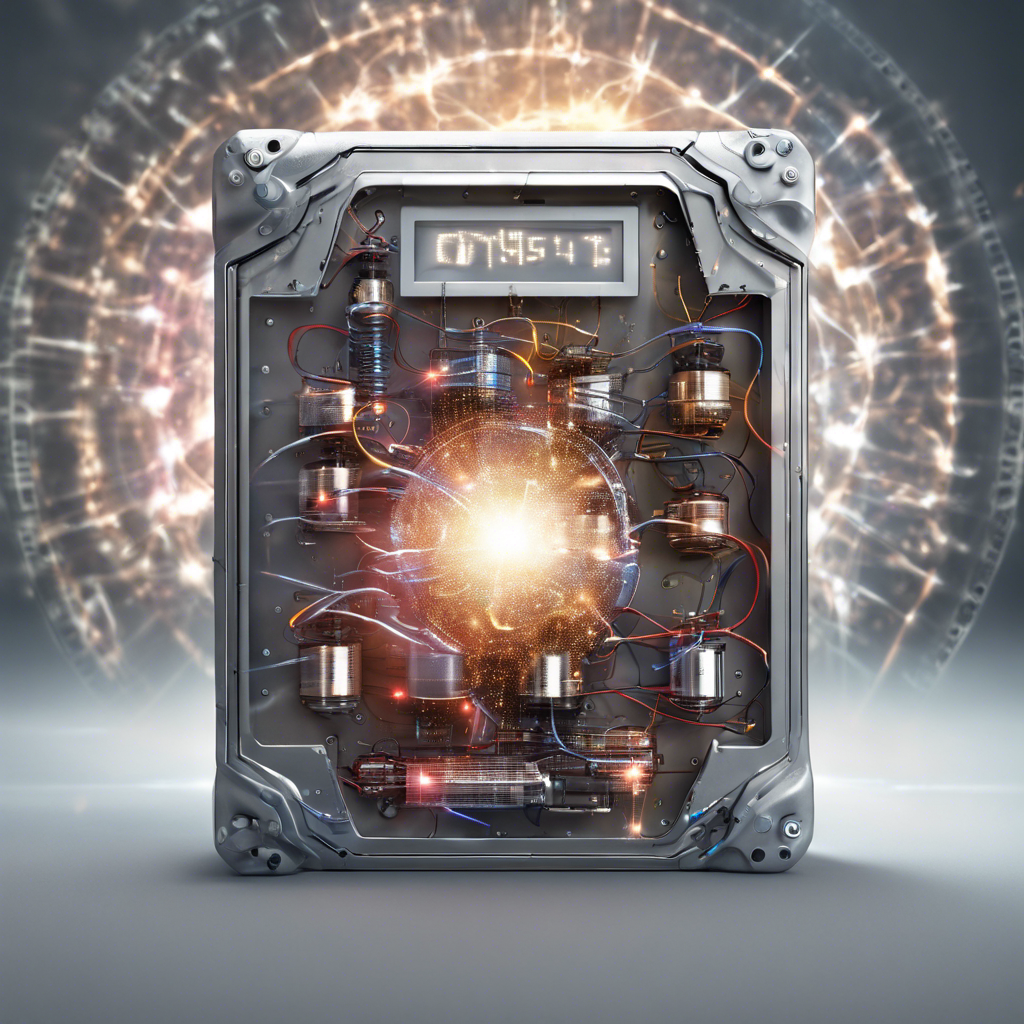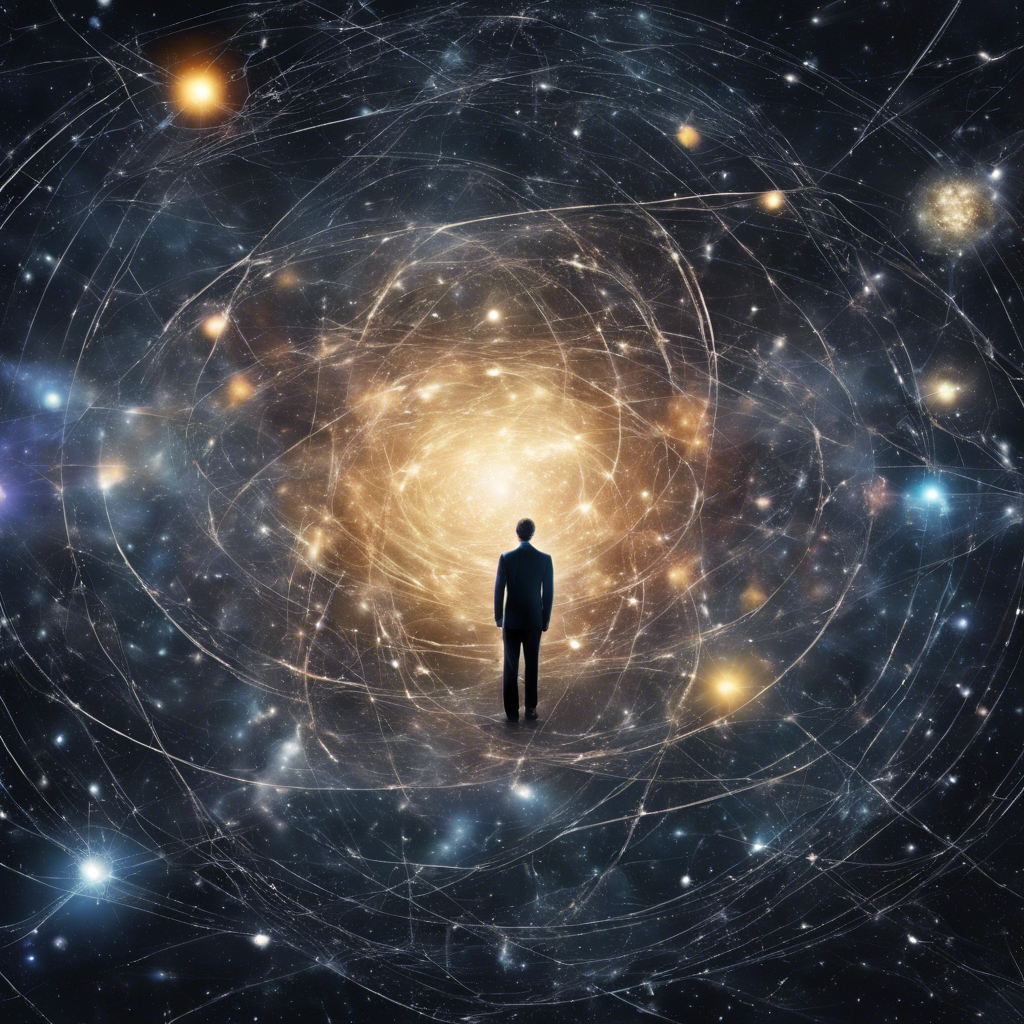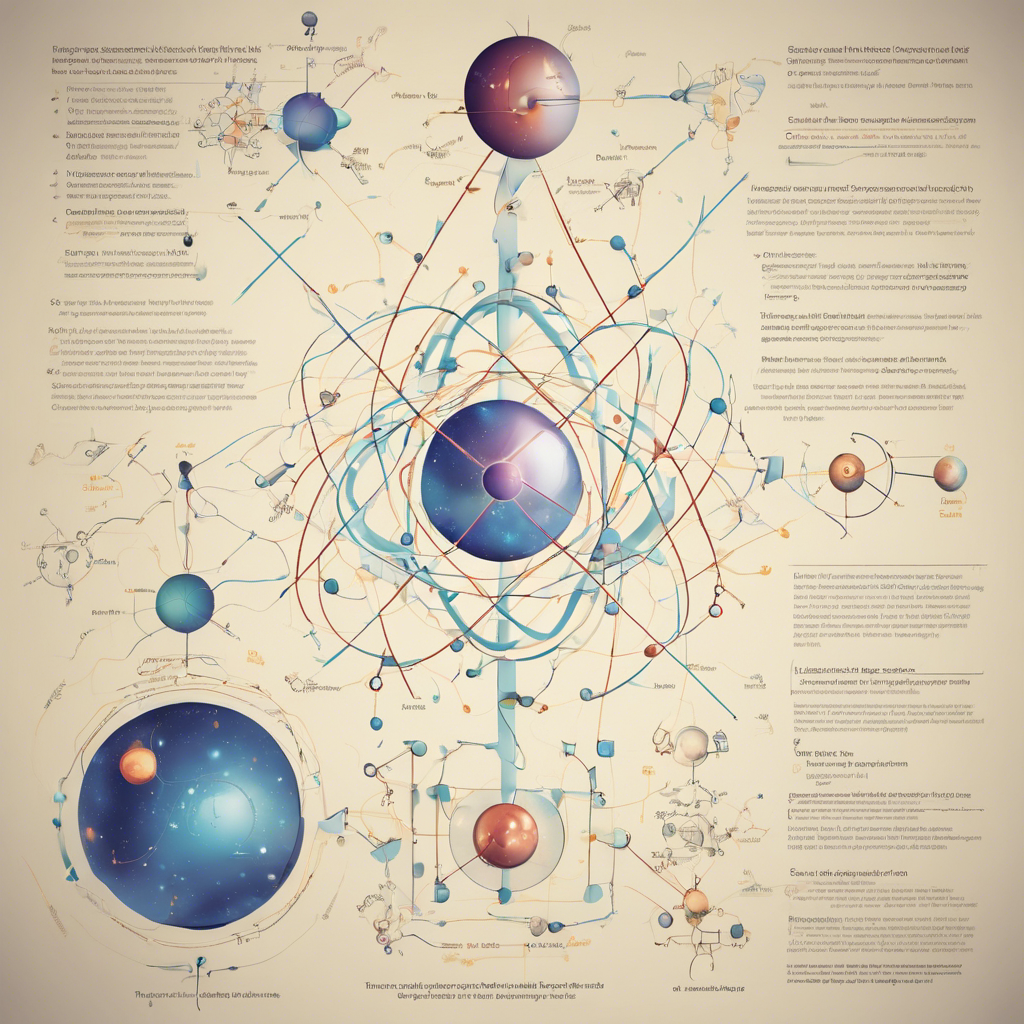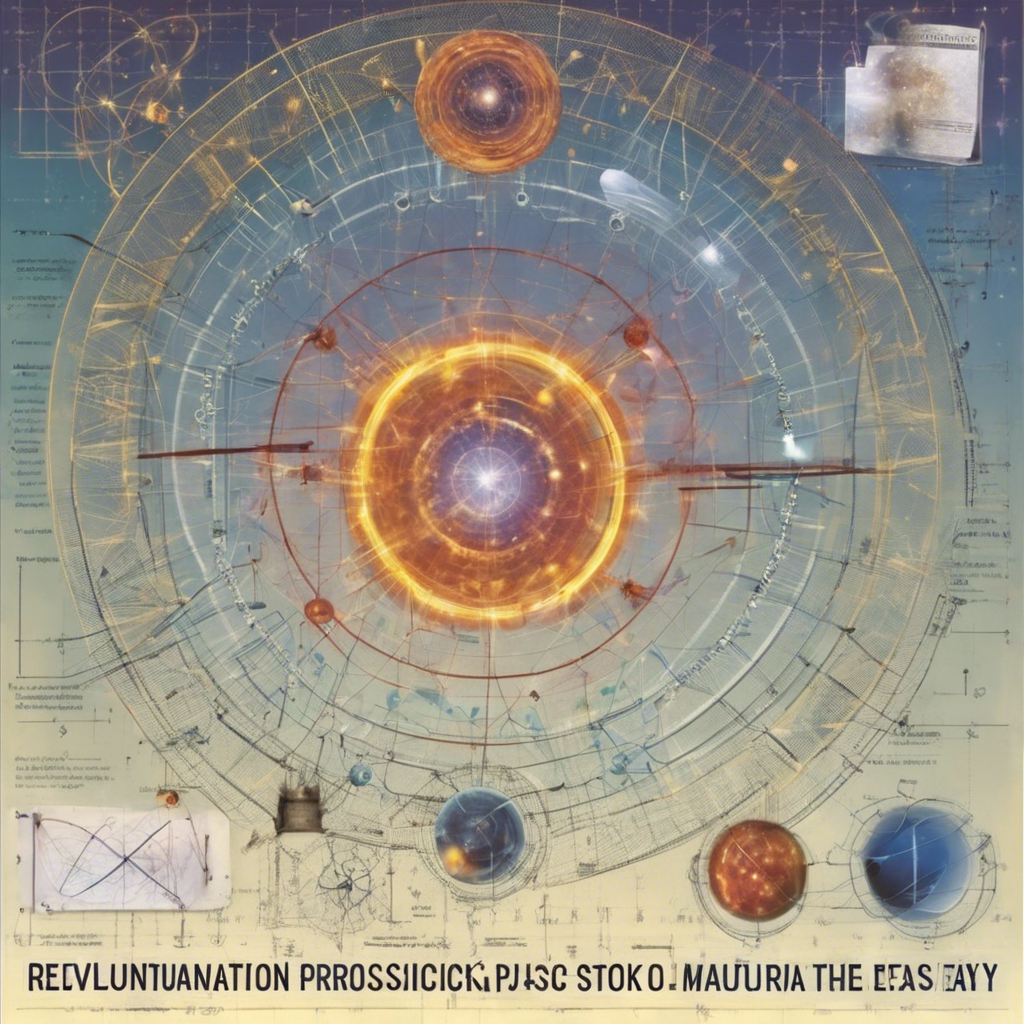Exploring the Controversial Notion that the Quantum Universe is More Deterministic than Classical Physics
The prevailing belief that quantum physics suggests randomness and uncertainty has long dominated scientific discourse. However, recent developments in the field have challenged this notion, suggesting that the quantum universe may be more deterministic than previously thought. This article delves into the ongoing debate between determinism and quantum theory, exploring the contributions of physicist James Hartle and the implications of a deterministic quantum universe.
Determinism in Classical Physics and Quantum Mechanics
Classical physics, with its precise laws and predictability, has long been associated with determinism. The ability to deduce the past and future states of the universe based on its present conditions seemed to support this view. However, the advent of quantum mechanics in the early 20th century introduced a new perspective. Quantum theory introduced probabilities rather than certainties, challenging the deterministic nature of classical physics.
The Reversal of Determinism’s Rise and Fall
James Hartle’s contributions to the determinism debate offer a unique perspective. He proposed that a quantum universe might be more deterministic than a classical one. This challenges the conventional narrative that determinism rose with classical physics and fell with the advent of quantum theory. Hartle’s proposal suggests that quantum theory could better explain the specific nature of the universe and why it exists in its current form.
Quantum Mechanics and the Uncertainty Principle
The uncertainty principle, a fundamental concept in quantum mechanics, has often been cited as evidence against determinism. It suggests that certain properties of particles, such as position and momentum, cannot be simultaneously known with precision. However, Hartle’s work, along with the many-worlds interpretation of quantum mechanics, proposes that the wavefunction, which characterizes the evolution of quantum states, remains deterministic. This challenges the notion that quantum theory inherently implies randomness.
Quantum Gravity and the Restoration of Determinism
The study of quantum cosmology, applying quantum theory to the entire universe, has further contributed to the determinism debate. Physicists, including Hartle and Stephen Hawking, have proposed that a theory of quantum gravity could remove singularities and restore determinism. By unifying quantum theory and Einstein’s theory of relativity, this theory could provide a more complete understanding of the universe and its deterministic nature.
The No-Boundary Proposal and Predictive Power
Hartle and Hawking’s influential “no boundary” wavefunction idea suggests that the universe has a unique shape, rounding off smoothly towards the past and shrinking to a single point. This proposal provides predictions for the early universe and the occurrence of inflation, offering a more predictive and explanatory theory. While there are still complexities to be addressed, the no-boundary proposal supports the notion of a deterministic quantum universe.
Quantum Foundations and Strong Determinism
Recent studies in quantum foundations have explored the idea that the quantum universe’s initial state can be described by density matrices, rather than wavefunctions alone. This broader category allows for more options in determining the universe’s initial conditions. By considering density matrices as the initial state and accepting a deterministic equation, strong determinism can be satisfied. This perspective opens the door to the concept of a multiverse, with multiple evolving branches.
Conclusion:
The debate between determinism and quantum theory continues to captivate scientists and philosophers alike. James Hartle’s contributions to the field challenge the prevailing belief that quantum physics implies randomness and uncertainty. Instead, he suggests that a deterministic quantum universe may provide stronger explanations and better predictions. As the search for a unified theory of quantum gravity progresses, the true nature of the universe and its level of determinism may become clearer. Whether the quantum universe is ultimately deterministic has profound implications for our understanding of free will and the very fabric of reality.







